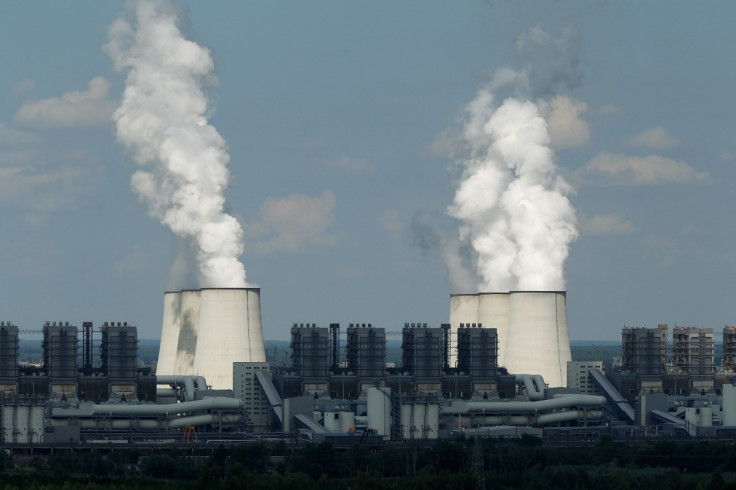Gas-guzzling bacteria could help eradicate methane emissions
New research shows how methanotrophs could have a major role to play in tackling global warming.

The presence of methane gas in the Earth's atmosphere contributes significantly to the greenhouse effect and, consequently, to rising temperatures. It's possible then that a type of bacteria which prevents large amounts of methane entering the atmosphere will play an increasingly important role in our bid to tackle global warming.
This type of bacteria, called methanotrophs, is found in the soil and is widespread in the environment. Its metabolises methane as a source of energy and carbon.
Now, an international team of researchers has shown that methanotrophs are far more flexible and resilient than previously thought, a finding which could have major implications for reducing man-made greenhouse gas emissions.
The study, published in the Society for Microbial Ecology Journal, describes how methanotrophs can also consume hydrogen gas to enhance their growth.
"This study is significant because it shows that key consumers of methane emissions are also able to grow on inorganic compounds such as hydrogen," said Dr. Chris Greening, an author of the study from Monash University. "By being able to use hydrogen as well, methanotrophs can grow better in a range of conditions. This new knowledge helps us to reduce emissions of greenhouse gases."
The importance of this is that many industrial processes such as waste treatment and petroleum production release large amounts of methane, as well as hydrogen and carbon dioxide into the atmosphere.
If the use of methanotrophs becomes widespread in industrial settings, not only could methane emissions be greatly reduced but the waste gases could provide many useful by-products.
"By using these gas-guzzling bacteria, it's possible to convert these gases into useful liquid fuels and feeds protein instead," Dr. Greening said.
© Copyright IBTimes 2024. All rights reserved.





